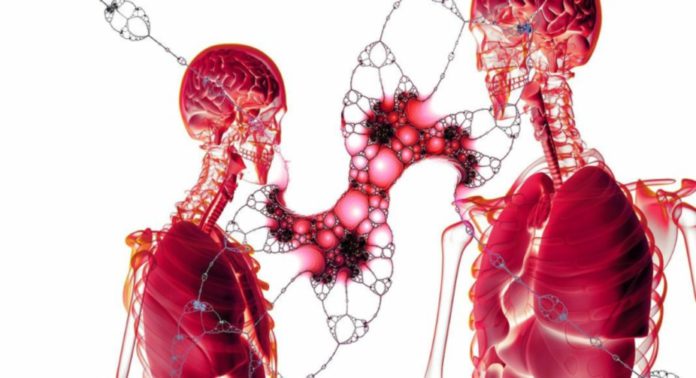Christopher Agbega was diagnosed with a neurological condition known as Hereditary Motor Sensory Neuropathy, 17 years ago and has been confined to a wheelchair.
Due to financial constraints, he was diagnosed nine years too late. Sharing his struggles with the condition in an interview on JOYNEWS, he advocated for a patient-centred approach to the treatment of Non-communicable diseases in Ghana.
“It’s been 17 years of living with a neurological condition that’s also an NCD. It took me nine years to get my diagnosis that’s from 2007 to 2016.
“When the doctor said I needed an MRI there was no money so you have to live with a condition and take medications you don’t know the diagnosis for. As a person living with this NCD, it’s a burden and not easy, the stigma is not easy.
“Meaningful involvement of the patients is okay. Persons living with NCDs must lead the conversation on NCDs in Ghana so that people will understand what it means.
“I don’t want anybody to end up in a wheelchair like me in a country like Ghana. I wasn’t born this way, I used to play football and run around it’s painful to be in this condition,” he said.
According to the World Health Organisation, NCDs such as cancers, cardiovascular disease, diabetes, and chronic lung illnesses are responsible for 43 per cent of all deaths recorded in Ghana annually. Christopher wants government to absorb the cost of treatment for patients.
“We need to understand the burden of Non-Communicable Diseases on the country, 43 per cent is alarming that is half of all deaths we don’t want to turn Ghana into a graveyard of NCDs.
“Unfortunately, we continue to see an influx of NCD products such as e-cigarettes in the country and the youths are the target. Government must also absorb the cost of treatment for NCDs in the country. It’s so expensive and, unfortunately, many cannot afford it.”
Non-communicable Diseases (NCDs) refer to a broad category of disease conditions characterised by the inability of the affected person to transmit the disease to another person.
In contrast to communicable diseases, most NCDs are chronic and are associated with a multiplicity of behavioural risk factors, commonly, physical inactivity, tobacco use, harmful use of alcohol, unhealthy diet and air pollution.
Other important risk factors include high blood pressure, high serum lipids, overweight/obesity, raised blood glucose and substance abuse.
Deaths from NCDs globally are very high. The World Health Organisation (WHO) estimates that a total of 41 million deaths or over 71% of global deaths are due to NCDs In the last few decades, NCDs have gained recognition as a significant cause of morbidity and mortality in Ghana.
This calls for a concerted response through robust policy formulation and implementation of clearly outlined strategies in a holistic approach to reduce the burden of NCDs.
On her part, Cardiologist Dr. Florence Akumiah advised Ghanaians to be more responsible for their health prescribing a minimum of biannual health screening to facilitate early detection of any condition.
“The Ghanaian must be more responsible for their health, especially on health financing. Rarely do you find people putting money aside for their health, if you did not put money aside for your health and you have an incident then you find yourself wanting.
“For example, if you have a heart attack right now and the treatment is to open your vessels for you, you need an amount of not less than $3,500. If you haven’t saved and you do not have any health insurance that covers treatment you may die. So we have to prioritise health financing.”
READ ALSO:

